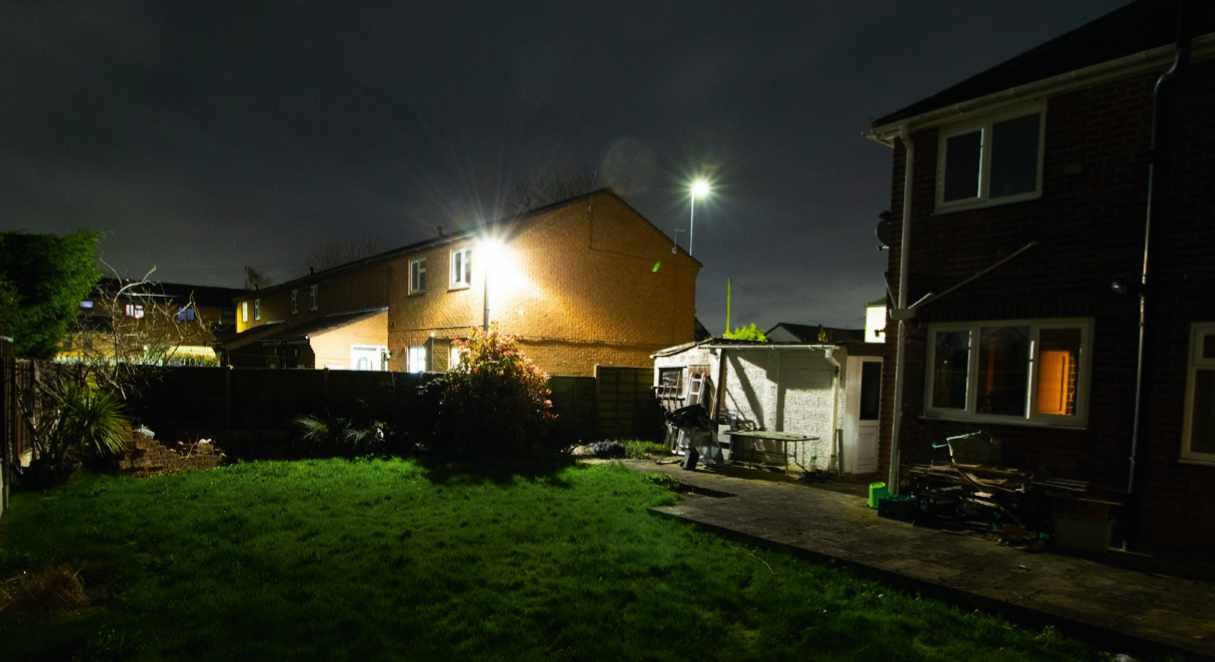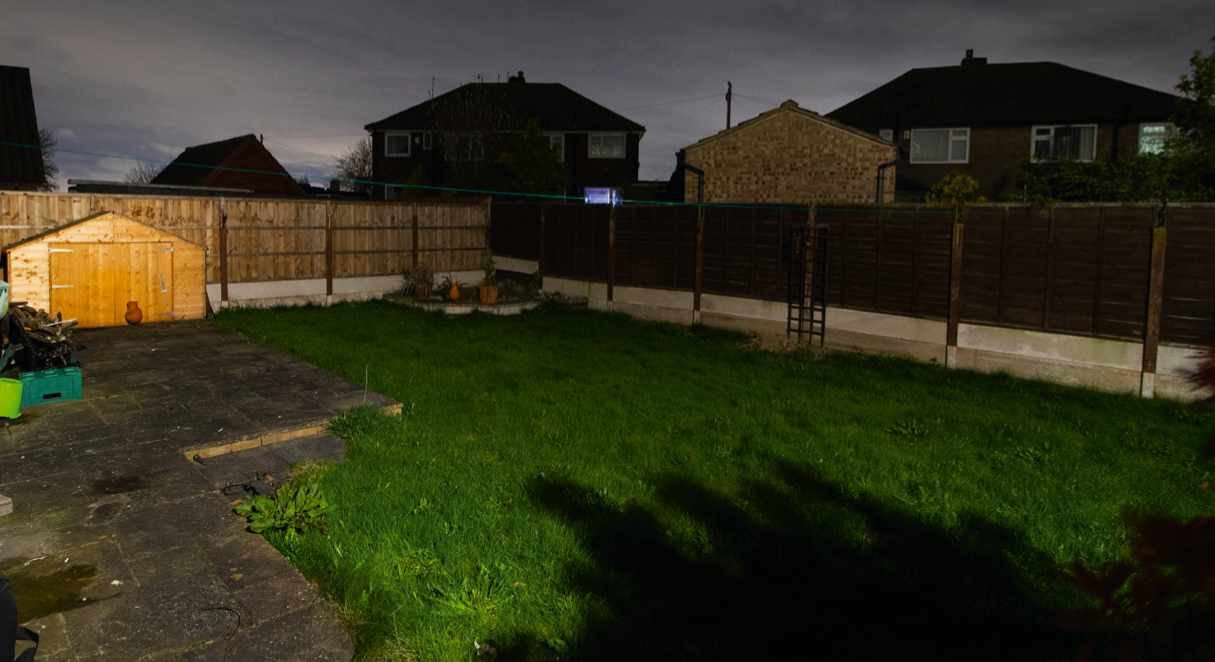The amateur astronomer’s forum
Field of view
Fighting for the dark side
Battles over a neighbour’s floodlight led Stephen Kirkman to propose a new law


In September 2020, I was pleased to move into my new home, but shortly after settling in I noticed the floodlight on a block of housing association flats next door. An earlier tenant there used to turn it off using the circuit breaker as a light switch. To my dismay, the circuit was switched back on and the whole of my back garden has been floodlit ever since, all night, every night, activated by a dusk-to-dawn light sensor. Night-sky observing is near impossible.
I contacted both the housing association and the local council, at first requesting that the light was switched off. Then I suggested that a new light, shaded, shielded and directed where it needs to be, with a motion sensor, could be installed. The council’s response was that as it did not shine into a bedroom there was nothing that could be done. The housing association was similarly unmoved and stated that “that light isn’t going anywhere”. I deliberated with them for 15 months and even had my local MP write on my behalf. No joy.
That’s when I started to look at the legal situation. Ironically, I began with the Rights of Light Act 1959, which was of some help and gave me the idea of legal protection for rights to the dark. I also studied the Clean Neighbourhoods and Environment Act 2005, eventually finding Part 9.102.(2) and the phrase “…artificial light emitted from premises so as to be prejudicial to health or a nuisance”. This held a glimmer of hope, but it was put out by Defra’s guidance to the act, Statutory Nuisance from Insects and Artificial Light, which says, “Although light pollution might interfere with astronomy, it is not necessarily also a statutory nuisance. The statutory nuisance regime is not an appropriate tool with which to address light pollution per se.”
Eventually I concluded there is no specific law recognising a right to darkness from the exterior of a property; the regulations are concerned with the impact on health or the hazard impact to road users. If it were noise or antisocial behaviour, or plants growing across a boundary, there would be a legal case. But not with light. Who would try taking a case like mine to court and risk the cost of thousands of pounds when success is not guaranteed?
So instead I’ve started a petition on the UK Parliament website called the Right to Dark Law (bit.ly/dark-law), calling on legislators to outlaw artificial light trespass from one property to its neighbours. It runs until August and with 10,000 signatures the government will respond to it; with 100,000 it will be considered for debate in Parliament.
There are many groups concerned about light pollution in general, and many homes and businesses are affected by it. If it came to a debate upon the question of whether a home or business owner has a right to a dark night-time environment, it would surely be difficult to claim one does not.

Stephen Kirkman from Wakefield is a longtime amateur astronomer and member of West Yorkshire Astronomical Society.